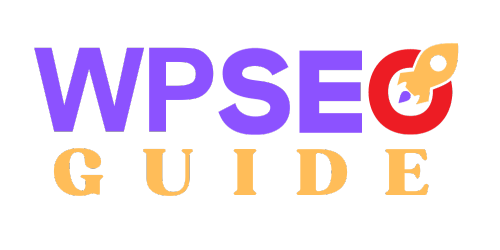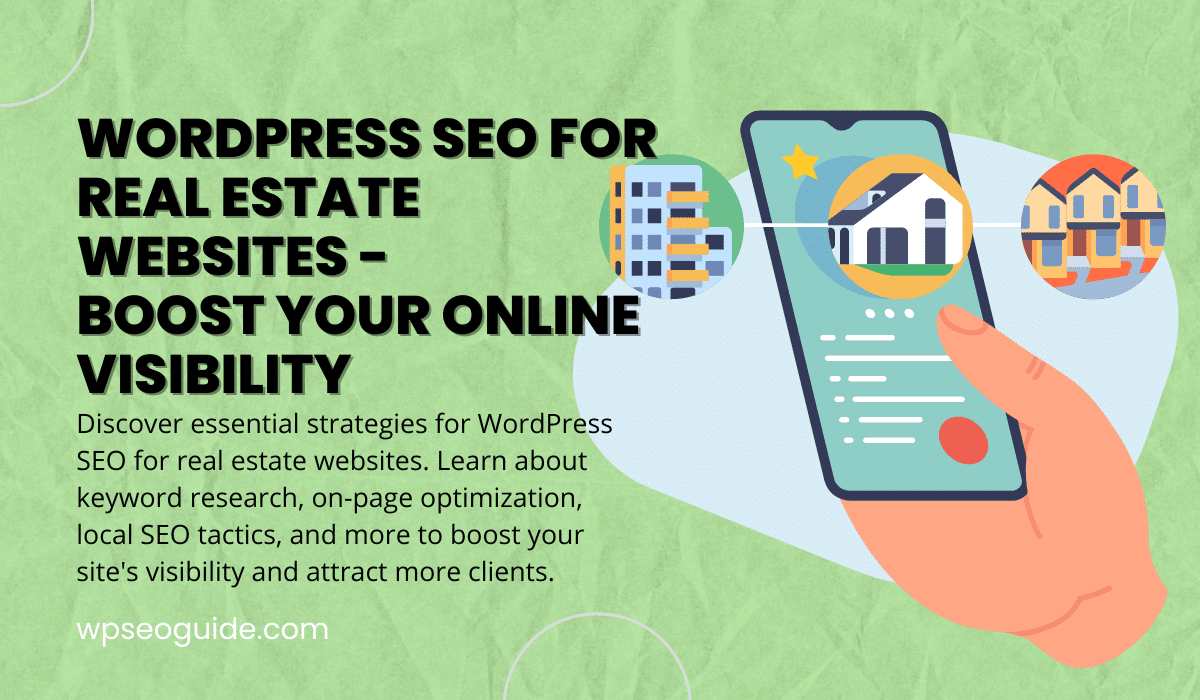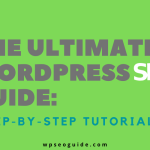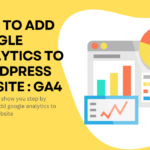1. Introduction
Importance of WordPress SEO in Real Estate
Boost your online visibility with this ultimate guide to WordPress SEO for Real Estate. Learn simple strategies to improve your rankings and attract more visitors to your site.
In today’s digital landscape, the real estate market is more competitive than ever. As buyers and sellers increasingly turn to the internet to find properties and agents, it’s crucial for your website to stand out. That’s where SEO comes into play; it effectively helps your site rank higher in search results, making it easier for potential clients to find you.
By implementing these strategies, you can enhance your online presence and connect with more clients.
Why Choose WordPress?
WordPress stands out as a premier platform for real estate websites due to its flexibility and user-friendly nature. It offers a plethora of themes and plugins tailored specifically for real estate, making it easier to optimize your site for search engines.
2. Getting Started with WordPress SEO
Selecting the Right Hosting Provider
Your hosting provider plays a crucial role in your site’s performance. Opt for a provider that guarantees fast loading times, robust security features, and excellent uptime. These factors not only improve user experience but also positively impact your SEO rankings. we recommande using hostinger
Choosing an SEO-Friendly Theme
An SEO-friendly theme is essential for optimizing your website. Look for themes that are responsive, meaning they adapt to various screen sizes and devices. A well-coded theme can significantly boost your site’s speed and overall performance, which are critical factors for SEO. we recommande the generatePress Theme
3. Essential Plugins for Real Estate SEO
Rank Math
Rank Math is an intuitive and powerful SEO plugin designed to help users optimize their websites for search engines. It offers features such as a built-in SEO analysis tool, keyword rank tracking, and integration with Google Search Console. Additionally, Rank Math provides advanced schema generation, allowing real estate websites to highlight essential information like property details more effectively in search results. Discover more about Rank Math.
Yoast SEO
Yoast SEO is a must-have plugin for WordPress users. It simplifies the process of optimizing your site by providing tools for managing meta tags, generating sitemaps, and analyzing content for SEO best practices. Learn more about Yoast SEO features.
All in One SEO Pack
Another powerful plugin is the All in One SEO Pack. It offers advanced features like XML sitemap support, Google Analytics integration, and automatic meta tag generation, making it easier to enhance your website’s SEO. Visit All in One SEO’s official page.
WP Meta SEO is designed to help you manage your website’s meta information efficiently. It includes features like bulk meta editing, image SEO optimization, and a detailed SEO analysis tool, ensuring every part of your site is optimized. Check out WP Meta SEO for more details.
4. Keyword Research for Real Estate
Identifying Target Keywords
Keywords are the backbone of SEO. Begin by identifying the terms and phrases potential clients use when searching for real estate services. Tools like Google Keyword Planner and SEMrush can help you discover high-traffic keywords relevant to your niche.
Utilizing Long-Tail Keywords
Long-tail keywords are longer and more specific phrases. Although they have lower search volumes, they often lead to higher conversion rates because they target users who are further along in the buying process. Incorporating these into your content can significantly boost your SEO efforts. Our’ guide to long-tail keywords offers more insights.
5. On-Page SEO Optimization
Crafting Compelling Title Tags and Meta Descriptions
Title tags and meta descriptions are the first things users see in search engine results. Ensure they are compelling and include your primary keywords. A well-crafted title tag and meta description can increase your click-through rate and improve your rankings. For tips, read our guide on title tags and meta descriptions.
Structuring Content with Header Tags
Using header tags (H1, H2, H3, etc.) to structure your content makes it more readable and SEO-friendly. These tags help search engines understand the hierarchy and relevance of your content, which can positively impact your SEO. Google’s SEO Starter Guide provides useful information on structuring content.
Optimizing Images for SEO
Images are crucial for real estate websites, but they can slow down your site if not optimized. Use descriptive file names and alt text to help search engines understand the content of your images. Additionally, compress images to reduce their file size and improve loading times. Learn more from Google’s image optimization guidelines.
6. Content Creation Strategies
Writing Engaging Blog Posts and Articles
Regularly publishing high-quality blog posts and articles positions you as an authority in the real estate market. Share valuable insights, market trends, and tips for buyers and sellers to attract and engage your audience. HubSpot offers excellent advice on writing engaging blog content.
Developing Detailed Property Listings
Detailed property listings with rich descriptions, high-quality images, and virtual tours can enhance user experience and improve your SEO. Ensure each listing is optimized with relevant keywords and meta tags. Realtor.com provides tips on creating effective property listings.
Creating Local Community Guides
Community guides that offer insights into local neighborhoods, schools, amenities, and attractions can attract more traffic to your site. These guides not only provide value to potential buyers but also improve your local SEO. Check out Neil Patel’s tips on creating local content.
7. Local SEO Tactics
Importance of Google My Business
Google My Business is a powerful tool for local SEO. Ensure your profile is complete and accurate, with up-to-date contact information, business hours, and images. Encourage satisfied clients to leave positive reviews, as these can significantly boost your local rankings. For a detailed guide, visit Google My Business Help.
Building Local Citations and Directory Listings
Consistent local citations in online directories like Yelp and Yellow Pages help search engines verify your business’s legitimacy and improve local search rankings. Ensure your NAP (Name, Address, Phone number) is consistent across all listings. BrightLocal’s citation guide provides comprehensive information on building local citations.
Read more about Mastering Local SEO for Your WordPress website
8. Monitoring and Adjusting Your SEO Strategy
Utilizing Google Analytics and Search Console
Tracking your SEO performance is essential. Google Analytics and Search Console provide valuable insights into your site’s traffic, user behavior, and search performance. Use this data to identify strengths and areas for improvement. Google’s Analytics Academy offers free courses to help you get started.
Adapting Based on Performance Data
SEO is an ongoing process. Regularly review your performance data and adjust your strategies accordingly. Stay updated with the latest SEO trends and algorithm changes to ensure your real estate website remains competitive. For ongoing SEO education, follow Search Engine Land and Search Engine Journal.
In the ever-evolving digital world, mastering WordPress SEO for real estate websites is vital for standing out and attracting potential clients. By following these comprehensive strategies, you’ll enhance your online presence and drive more traffic to your site. Happy optimizing!






[…] SEO Performance: Monitor your content’s SEO performance and make necessary adjustments to maintain or improve rankings. Read our wordpress seo guide -the ultimate […]